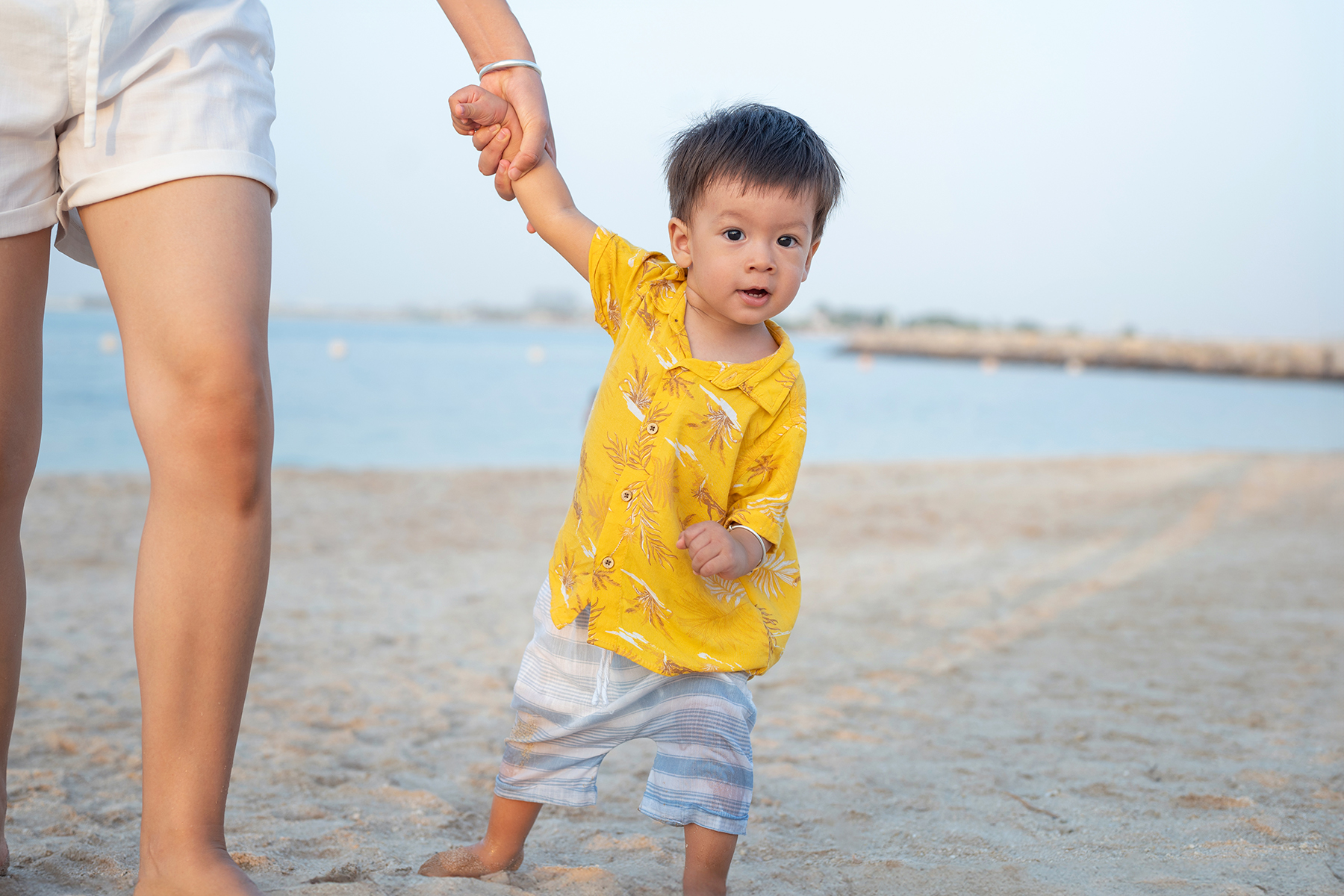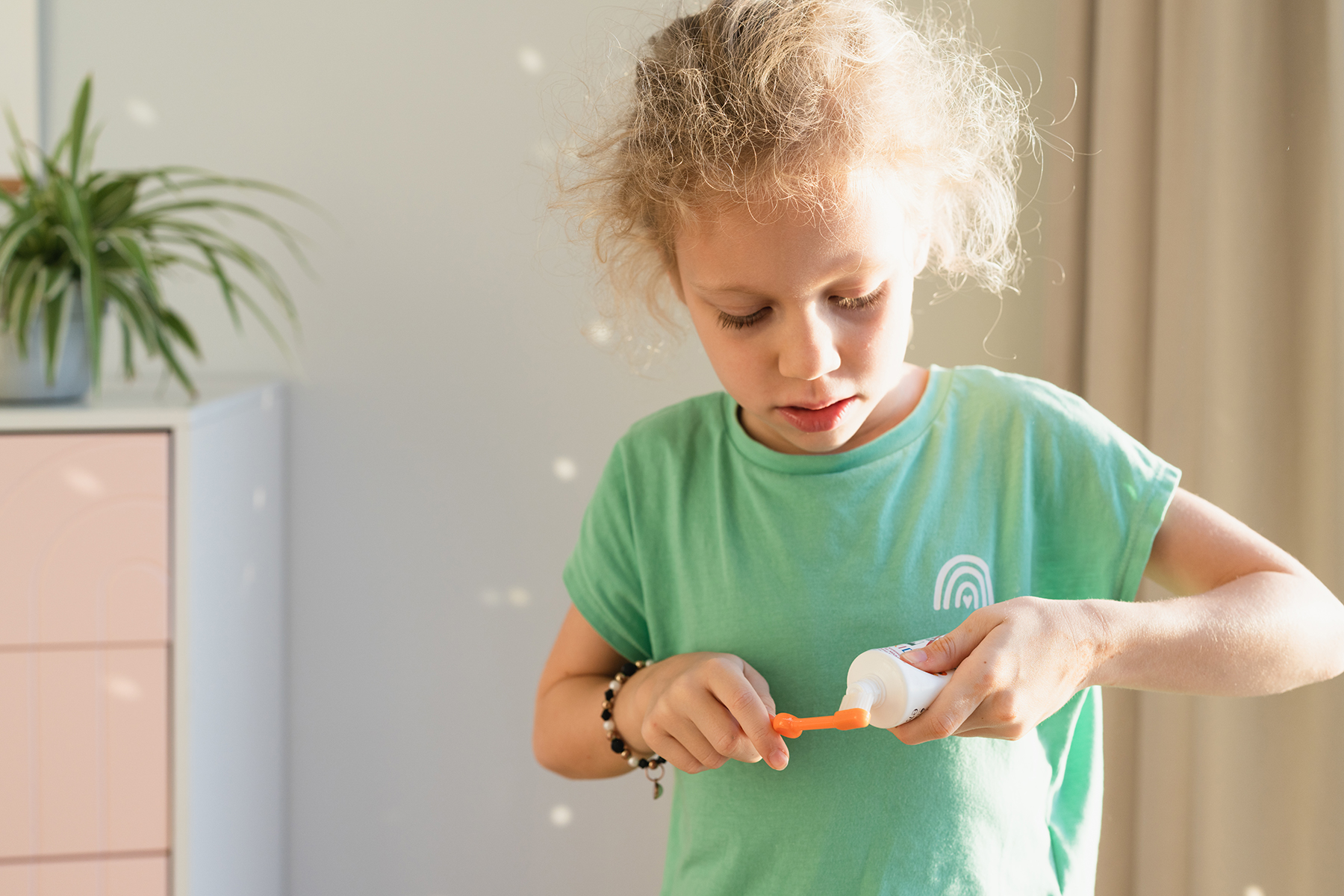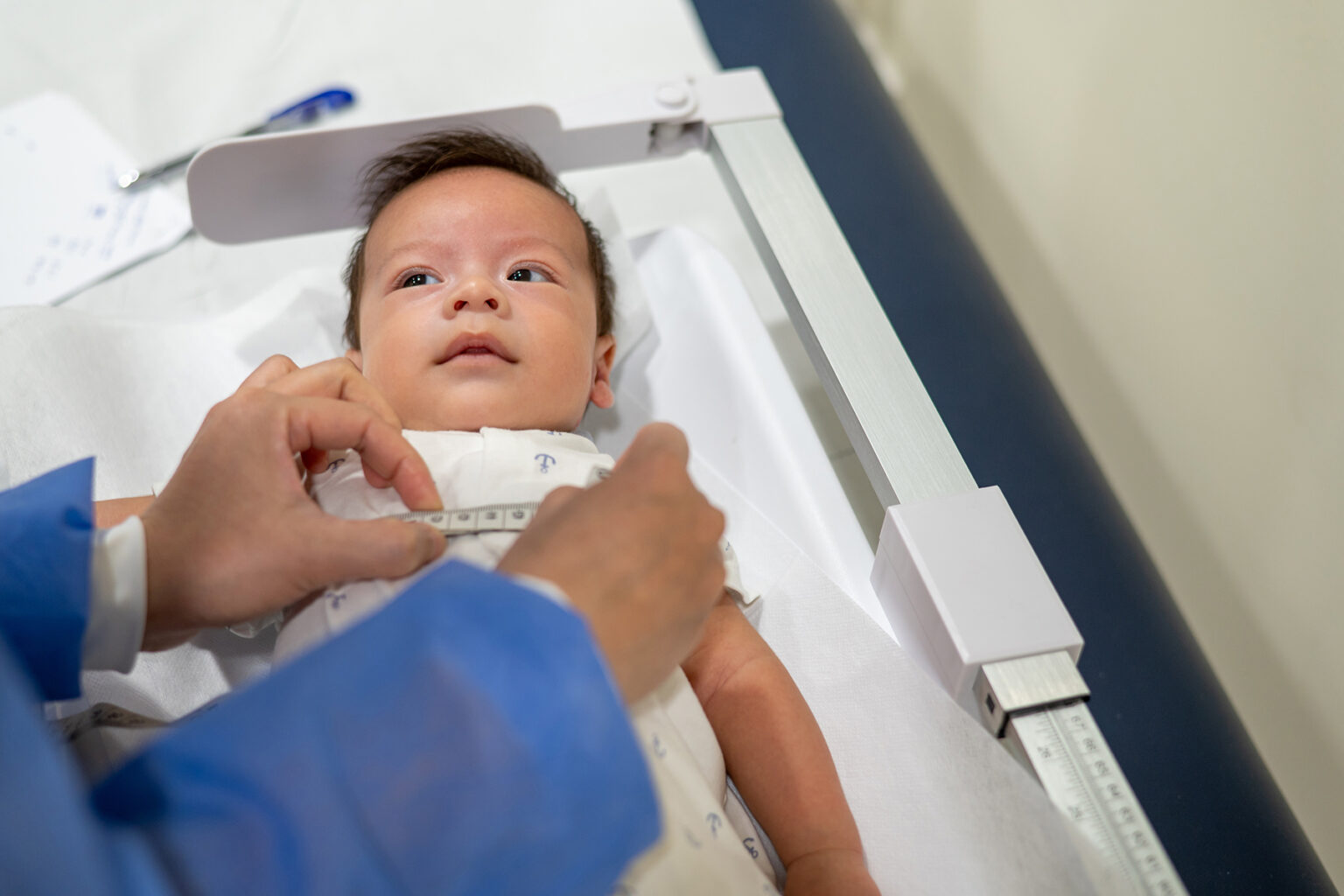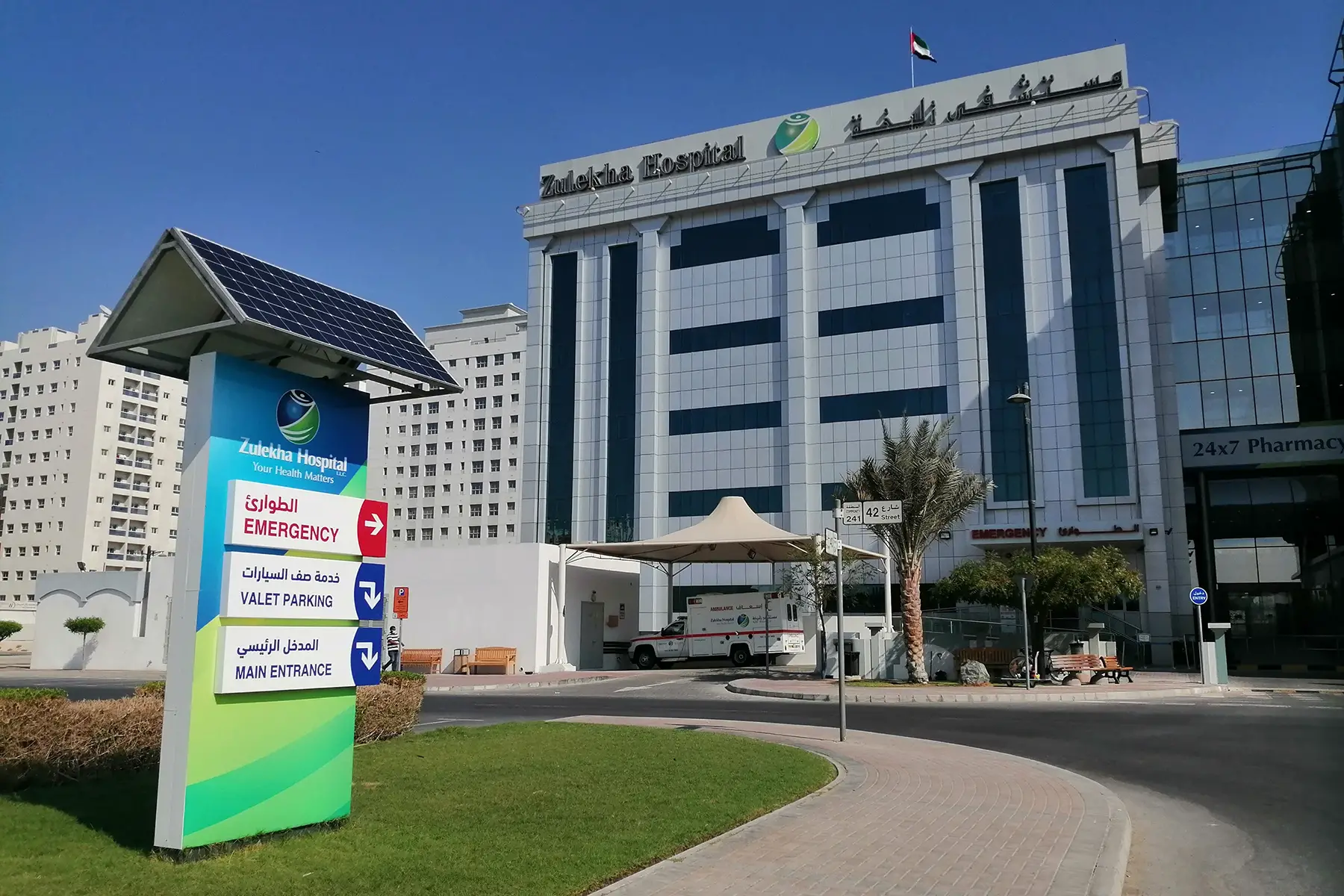Like the rest of the local health system, children’s healthcare in the UAE is generally of a high standard. The country has many programs and initiatives to take care of youth health, from preventative care to specialized treatment.
Internationals moving to the UAE with kids might be wondering how to ensure they receive the best healthcare available. Find out how to access children’s healthcare through the following sections:
Orient Insurance
Orient Insurance provides a range of insurance products, including medical coverage, for internationals in the UAE. With over 40 years of experience in the country’s insurance market, they offer policies for your health, vehicle, home, and much more. When moving to the UAE, trust Orient Insurance to protect what matters.
Children’s healthcare in the UAE
The UAE’s healthcare system ranks quite highly, coming in 17th out of 110 countries in CEO World’s 2023 ranking of best healthcare systems. It scores particularly well for its infrastructure and the professionals available. When it comes to the health of children specifically, under-5 and neonatal mortality rates have decreased over the past 30 years.

Parents in the UAE can choose a pediatrician who suits their child’s needs rather than being assigned one automatically. Children can receive medical care at general hospitals, specialized pediatric hospitals and healthcare centers, pediatric emergency services, therapeutic centers, and mobile health services. In addition, the UAE requires children to follow a vaccination schedule.
How to access healthcare for your children in the UAE
Internationals in the UAE can access both public and private healthcare for children. Whether you want to access public or private healthcare for your child in the UAE, if they’re not an Emirati citizen, they’ll require health insurance.
Although most foreigners use private healthcare covered by their employer, they can also access public healthcare. Should you wish your child to do so, they require a valid local healthcare card, which they can obtain with an Emirati ID and an AED 500 fee. Bear in mind that your plan may not cover the full cost of healthcare, so you’ll likely have to pay some medical expenses.
To access private healthcare, register your child with a pediatrician in your insurance network. Usually, you will need to provide some documents, such as the child’s birth certificate, and fill in a form. After this, though, you should be able to book an appointment whenever you need to.
Will my employer cover my children’s healthcare insurance?
Depending on where you live in the country and your employer’s policy, your own insurance plan may cover your child. For example, the situation in Abu Dhabi and Dubai are as follows:
- Abu Dhabi – employers must provide health insurance for their employees and their dependents (including one spouse and up to three children under 18).
- Dubai – the employee is generally responsible for their dependents’ health coverage.
Make sure to check with your provider whether your insurance covers your children.
Many expats also take out private international health insurance to access the highest quality of care and additional treatments. Companies providing this include:
APRIL International
Looking for expat-friendly health insurance in the UAE? APRIL International has a long history of providing health coverage tailored to the unique needs of the expat lifestyle, ensuring peace of mind for you and your family. Whether you’re relocating to the UAE or simply staying short-term, APRIL International has the right policy for you.
How to find a pediatrician in the UAE
As in many other countries, pediatricians are the first port of call for children in the UAE. Like elsewhere, they tend to look after the health of children until the age of 18. You can find pediatricians at hospitals, clinics, and doctors’ offices, and they assist with common illnesses and injuries, vaccination, and growth and development.
Parents have free choice of pediatrician, although you’ll need to find one covered by your insurance. It’s worth asking fellow internationals if they have personal recommendations, but you can also find a registered pediatrician on online portals such as HeliumDoc to find a registered pediatrician.
Routine childhood health check-ups in the UAE
As part of its system for children’s healthcare in the UAE, the Ministry of Health and Prevention provides check-ups for newborns. Thanks to this service, all children in the UAE undergo routine testing for 40 genetic diseases. Therefore, if a child suffers from sickle cell anemia, congenital malformations, or biotin or endocrine deficiencies, for example, doctors can detect and treat these issues early on.
In addition, doctors will usually conduct several other tests on newborns that will detect critical cardiac deformities, hearing disorders, and other potential congenital health problems.

As the child grows up, they will have check-ups every few months until they reach a year old. They’ll then undergo routine check-ups every year or two until they reach adolescence.
Taking your child to see a doctor or specialist in the UAE
Once you have found a suitable pediatrician, you can register your child at their clinic. You’ll usually need to bring their insurance card, Emirati ID or residence permit, and birth certificate to the pediatrician’s office and fill out the registration paperwork. After doing this, you will be able to make appointments for your child whenever necessary.
If your child has a more serious health issue, the pediatrician may refer them to a specialist. The UAE has pediatric doctors and surgeons across all medical specialties. Some insurance plans allow you to book appointments directly, but others may require a referral.
Vaccinations for children in the UAE
Vaccinations are a critical part of children’s healthcare in the UAE. Because of this, the government, in consultation with the local health ministry, has implemented a childhood vaccination schedule.
As such, children in the country receive a series of inoculations through Grade 11. These vaccinations include:
| Vaccination | Diseases | Age |
| BCG | Tuberculosis | At birth |
| DTaP-Hib-HepB-IPV | Diphtheria Tetanus Pertussis (Whooping Cough) Haemophilus influenzae type b (Hib) Hepatitis B Polio | Two months Four months |
| RV1 | Rotavirus | Two months Four months |
| PCV13 | Pneumococcal conjugate | Two months Four months Six months |
| DTwP-Hib-HepB | Diphtheria Tetanus Pertussis Hib Hepatitis B | Six months |
| MMR | Measles Mumps Rubella | 12 months 18 months |
| Varicella | Varicella | 12 months 5–6 years |
| DTaP-Hib-IPV | Diphtheria Tetanus Pertussis Hib Polio | 18 months |
| DTaP-IPV | Diphtheria Tetanus Pertussis Polio | 5–6 years |
| HPV9 | Human Papilloma Virus 9 (HPV-9) | 13 years |
| Tdap | Tetanus Diphtheria Pertussis | 15–16 years |
Children’s hospitals in the UAE
Children’s healthcare in the UAE is available through pediatric wards at most hospitals, at dedicated children’s hospitals, and at private clinics throughout the country. International parents should check their insurance policies to figure out exactly which hospitals and pediatricians are in their network and register their children with one of these. You’ll usually need to provide your child’s identification and birth certificate and fill out some paperwork.
In an emergency, call 999 for emergency services or 998 for an ambulance specifically. You can also bring your child to the closest urgent care center for immediate attention.
The UAE has a range of specialized children’s hospitals that offer different services. Some of the most popular include:
Children’s dental care in the UAE
There are many dental clinics across the UAE that offer pediatric dental care. Therefore, it’s generally straightforward to find a dentist for your child. However, like with other medical care, you must choose between the public or private sector.
To access public dental care, you can simply register your child with a dentist and book an appointment online with their Emirati ID and health card. As with other medical professionals, you may still need to cover some of the costs yourself if you are not an Emirati citizen.

For expats using the private system, it is important to note that not all healthcare plans cover dental care. As such, some expats pay for specific dental insurance while others pay out of pocket. For children, it is esential to have dental coverage. If you have insurance, you can register your child at a network dentist in your area with their ID. However, if you are paying for dental work yourself, you can look around for dentist recommendations and register directly with them.
Although there are no comprehensive government programs, there are occasional initiatives in individual Emirates to promote oral health awareness among children through schools.
Mental healthcare in the UAE
Mental health services have become an increasingly important part of children’s healthcare in the UAE. As a recent study found, 17–22% of children in the country suffer from some type of mental health issue, such as anxiety, depression, or stress. Still, finding and accessing mental health services can be tricky.
Internationals may find it easier to access care for their children by using their insurance to access the private system. This is because most private clinics either have dedicated child psychology programs or can easily refer patients to the appropriate mental health professionals. Depending on where and how you try to access pediatric mental health services, you will either need a referral from your child’s pediatrician or book directly with your chosen professional.
Although the UAE still does not have any state programs for evaluating or treating children’s mental health through schools, most international schools in the country have onsite guidance counselors or psychologists who can be a good first stop when dealing with mental health issues.
In Dubai, the Al Jalila Children’s Specialty Hospital has a dedicated pediatric mental health center and eating disorder unit. The pediatric wards at Abu Dhabi’s SEHA hospitals also have specialized units for psychiatry and addictions.
Preventative healthcare programs for children in the UAE
As part of work on children’s healthcare in the UAE, the government has launched two preventative programs that aim to keep kids healthy. The first focuses on healthy nutrition in school while the second targets childhood obesity.
The government is focusing on getting schools to offer healthy meals to ensure that kids are eating well and getting the nutrition they need. As such, all schools in the UAE must follow specific nutritional guidelines.
Because obesity amongst children is becoming a real problem, the government is also trying to tackle this with a dedicated program. Childhood obesity rates for kids between the ages of five and 17 have reached nearly 17.35%. The Ministry of Health and Prevention launched Mutaba’ah, a system for collecting data on child and maternity health, including childhood obesity.
Useful resources
- Emirates Society of Child Mental Health – organization promoting mental health causes for children and adolescents
- HeliumDoc – site to search for doctors and book appointments








